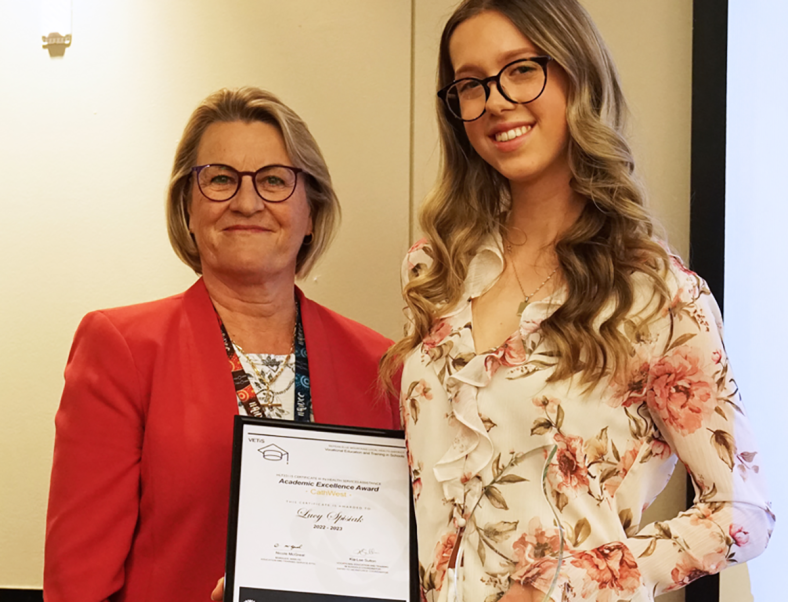Australia is not upholding all its responsibilities under the United Nations Convention on the Rights of Persons with Disabilities, a report for the Disability Royal Commission has found.
As well, Australians with disability were more likely to be unemployed, while First Nations people with disability experienced great hardship, the assessment of Australia’s compliance with its UN responsibilities has found.
One of the country’s top legal minds, Emeritus Professor Ron McCallum, who is blind, has examined the articles of United Nations Convention on the Rights of Persons with Disabilities to determine how well Australia is doing in improving the lives of its citizens with disability.
In a report to the Royal Commission into Violence, Abuse, Neglect and Exploitation of People with Disability, Prof McCallum has looked at 30 Articles to the UN Convention that affect Australians living with disability.
His report, ‘The United Nations Convention on the Rights of Persons with Disabilities: An Assessment of Australia’s Level of Compliance’, has been made public on 8 October.
On the subject of incarceration, Prof McCallum’s report noted Australia is not upholding Article 14 of the Convention, which states that people with disability cannot be kept in prisons or hospitals just because of their disability.
“Where a person with an intellectual disability is accused of committing a crime, a court may decide that the person could not understand what happens in a court. Often the judge will simply order that the person remain in a mental health facility,” his report said.
“Quite a number of First Nations people with intellectual disability are detained in hospital and prisons. The Convention Committee (the Committee on the Convention on the Rights of Persons with Disabilities) has said that this means Australia is not upholding article 14.”
It was noted, however, Australian governments have been working on programs to take people with intellectual disability out of detention and to be kept with their families or in group homes.
There was also evidence of exploitation, violence and abuse, “and this is why the Disability Royal Commission was established”.
“Much more needs to be done to prevent inhumane treatment in prisons and in mental health facilities,” while Australia also “needs to do more to treat mental health and also to ensure that First Nations Australians receive appropriate health care”.
Article 20 says that governments must ensure that people with disability have personal mobility, however, First Nations people living in remote areas still have difficulties in obtaining aids and finding accessible roads and paths in their communities.
While Australia does have a number of programs to promote the employment of people with disability, Australians with disability still have low levels of employment.
Some Australians with disability also were living “at or below the poverty level”, notwithstanding the availability of social security programs, including programs on housing options for the homeless.
Prof McCallum found while Australia does have a series of laws prohibiting disability discrimination, the requirement to accommodate a persons’ disability under federal law should be widened to fully comply with article 5 of the Disability Convention.
This states that such people cannot be discriminated against because of their disability.
“Australia’s laws should also make it easier to assist persons who are discriminated against in two or more ways because of their disability, gender and/or ethnicity,” his report found.
His wide-ranging assessment covers Convention Articles relating to the explanation of disability, transport, women and girls with disability, children, and emergencies, such as bushfires and the COVID-19 pandemic.
“Australia does have emergency plans. These plans should be updated to make it clear that people with disability require assistance during emergencies,” Prof McCallum’s report says.
“The Disability Royal Commission made a statement on 26 March 2020 about the COVID-19 virus. The Disability Royal Commission reminded governments that they must always remember people with disability when making their emergency plans.”
In other areas, Prof McCallum’s report found the laws about mental health and guardianship need to be changed to ensure that people with disability are supported to make decisions, while laws needed to be altered to allow those people with intellectual disability who are not entitled to vote to do so.
As well, more training of judges and other people who work in courts was needed to allow blind or deaf people to be appointed as jurors.
On the matter of foreign aid, Article 32 says that countries should develop cooperation and aid programs with other nations.
“As Australia is a rich nation, it has a duty to assist developing countries by setting up cooperative programs to assist people with disability. Australia has a number of these programs in the Asia-Pacific area.”








